

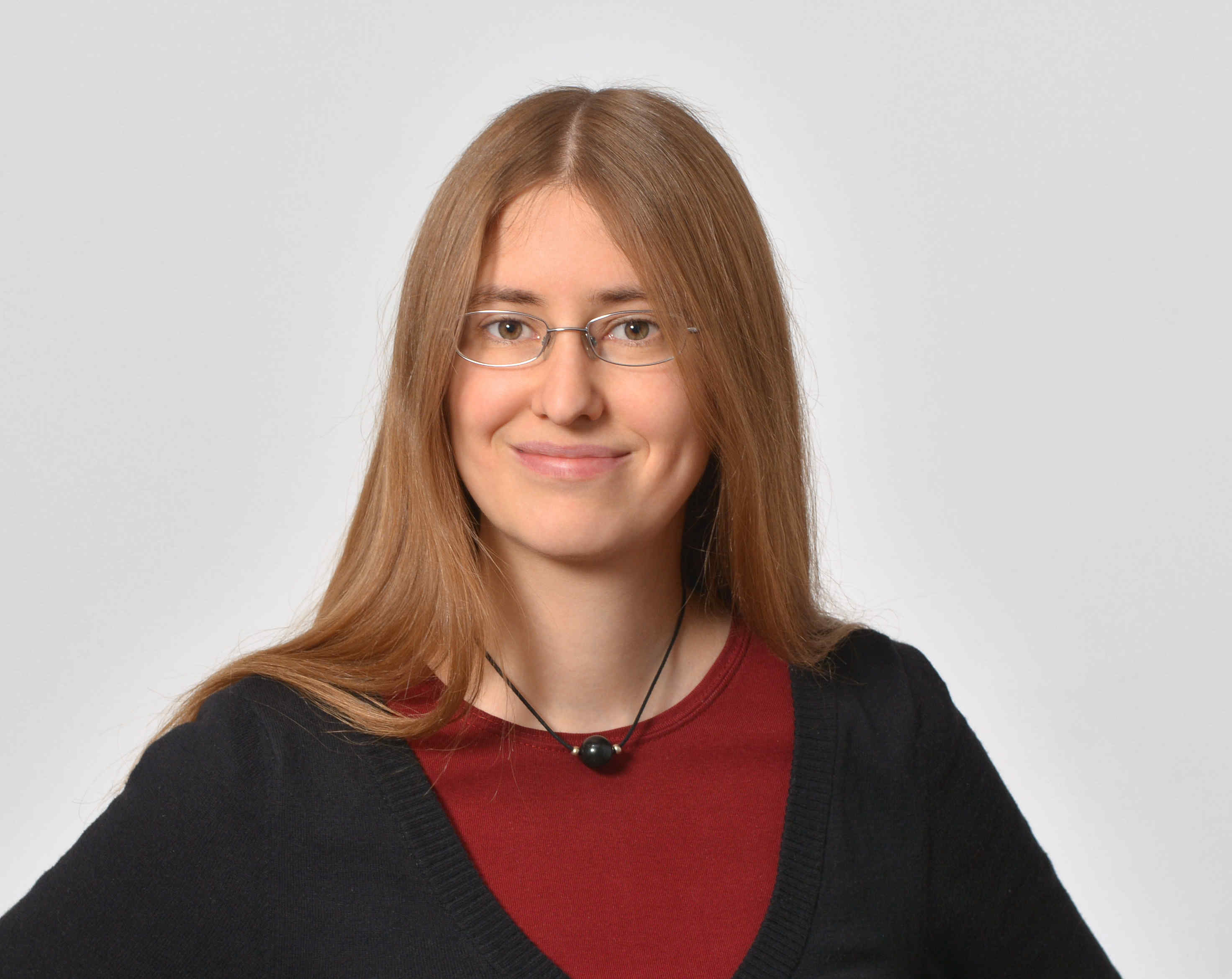
Phone: + 49 4522 763-536
Email:
uecker@nullevolbio.mpg.de
Twitter: @HildegardUecker
My research focuses on adaptation in populations that are severely challenged either by environmental change (natural populations) or by exposure to drug treatment (pathogen populations). I hope that insights from my research can contribute to improving conservation efforts and assist in decelerating the emergence of drug resistance. As a mathematician, I am mainly interested in stochastic modeling (in particular in the application of branching process theory to problems in biology).
(more)
Phone: + 49 4522 763-541
Email:
dewan@nullevolbio.mpg.de
Topic: Multicopy plasmids and heterozygosity
I work on models of the evolution of multiple drug resistance on plasmids. Multiple drug resistance is an increasingly important problem in clinical settings, as bacteria resistant to multiple antibiotics are difficult to treat. Bacterial plasmids exist in multiple copies in the cell, providing increased opportunity for the development of multiple drug resistance, and they are involved in processes like conjugation and fusion. I apply branching process models of evolutionary rescue to model the contribution of these kinds of processes to resistance evolution.
(website)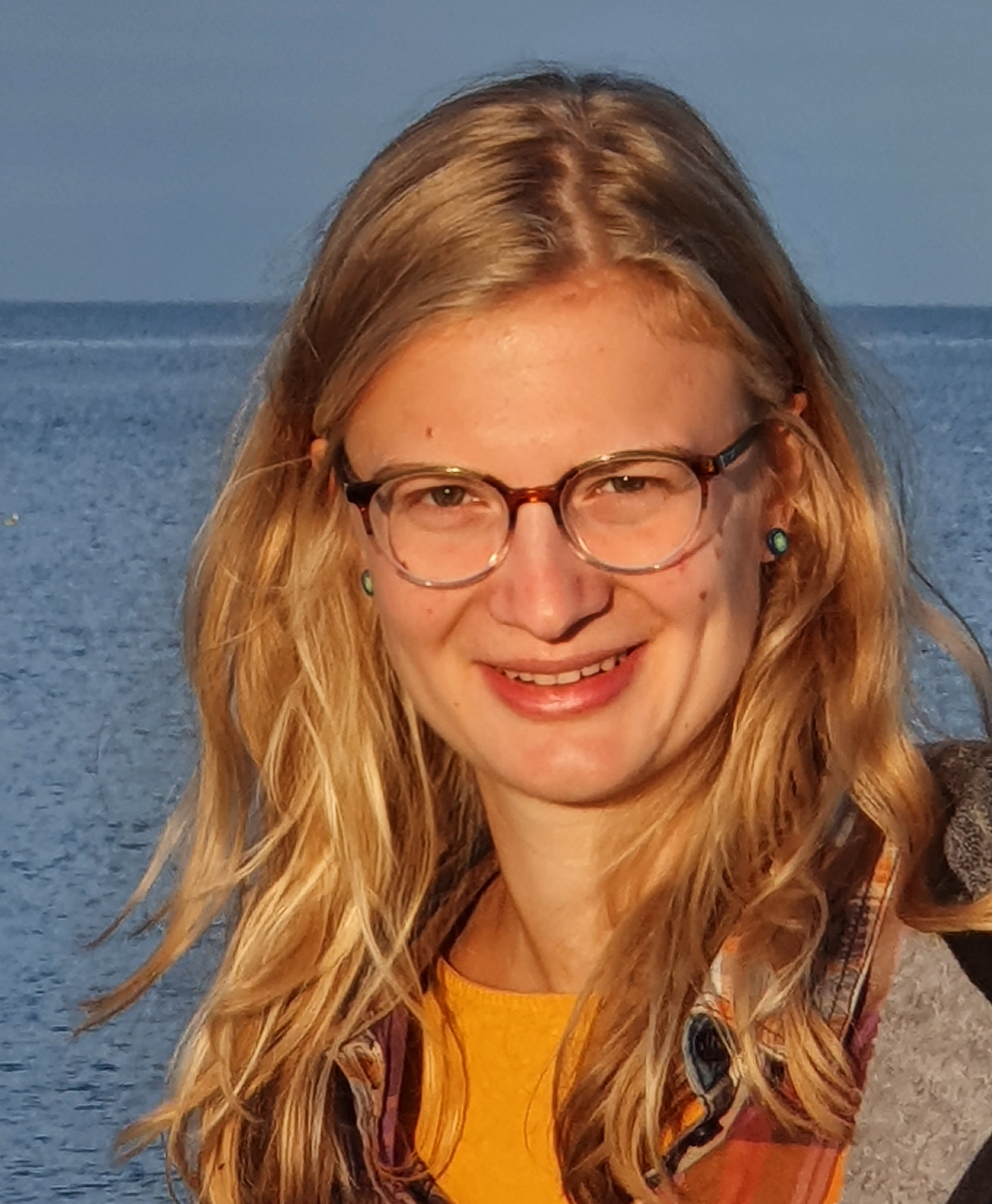
Phone: + 49 4522 763-541
Email:
elfert@nullevolbio.mpg.de
Topic: The dynamics of evolutionary rescue and extinction
I work on evolutionary rescue following the questions: How can populations save themselves? How can they adapt to biotic and abiotic stress? What influences the emergence and spread of mutants? Is the type of mutation important? Using mathematical models I want to analyze these questions. More in detail, I currently look at models in which two species interact with each other. I try to understand the underlying dynamics of successful adaptation or extinction.
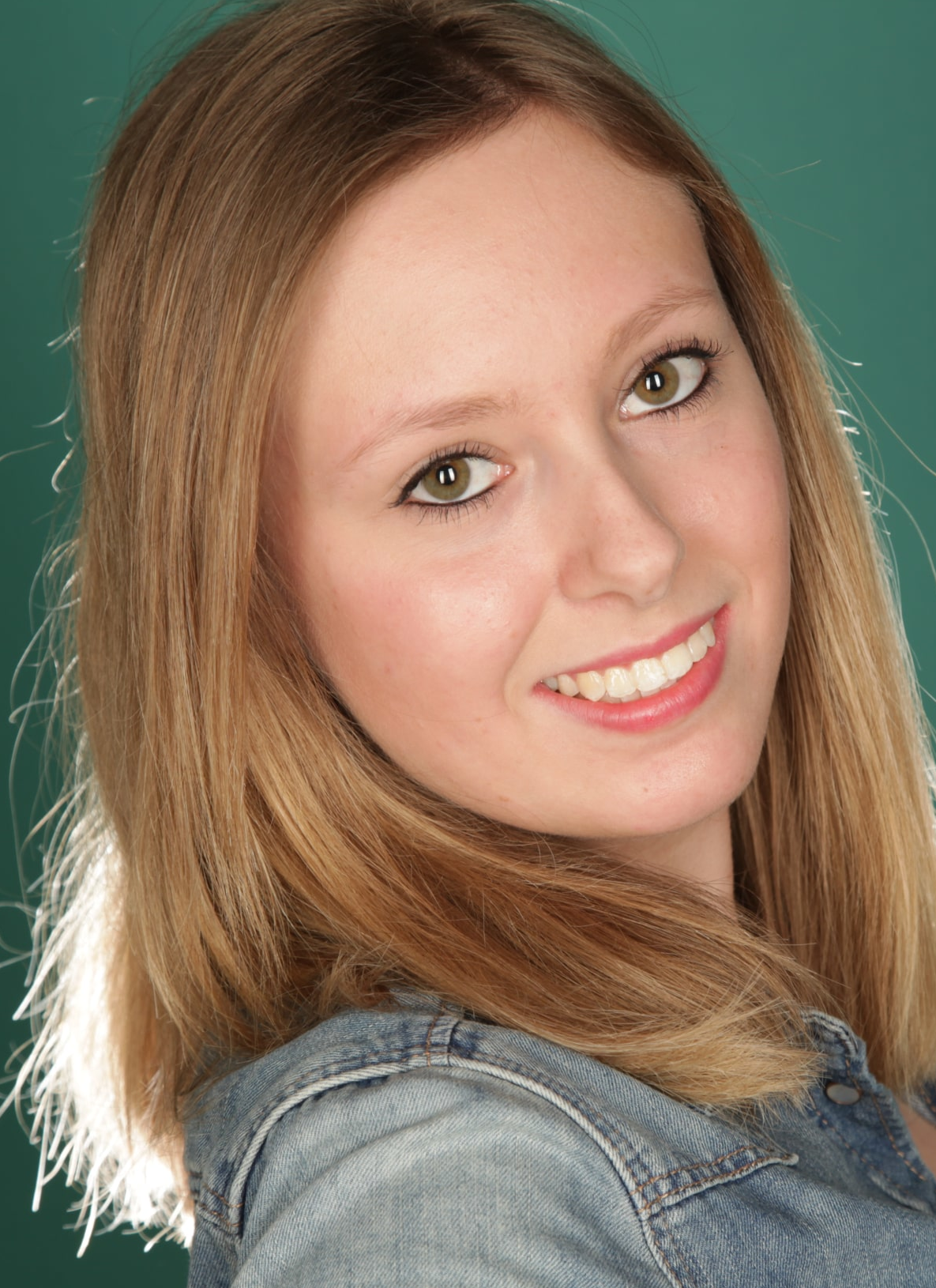
Phone: + 49 4522 763-541
Email:
merkens@nullevolbio.mpg.de
Topic: Dose dependence and dominance of resistance mutations
then: Postdoc in the group of Michael Manhart at Rutgers University
Topic: Models for the evolution of antibiotic resistance
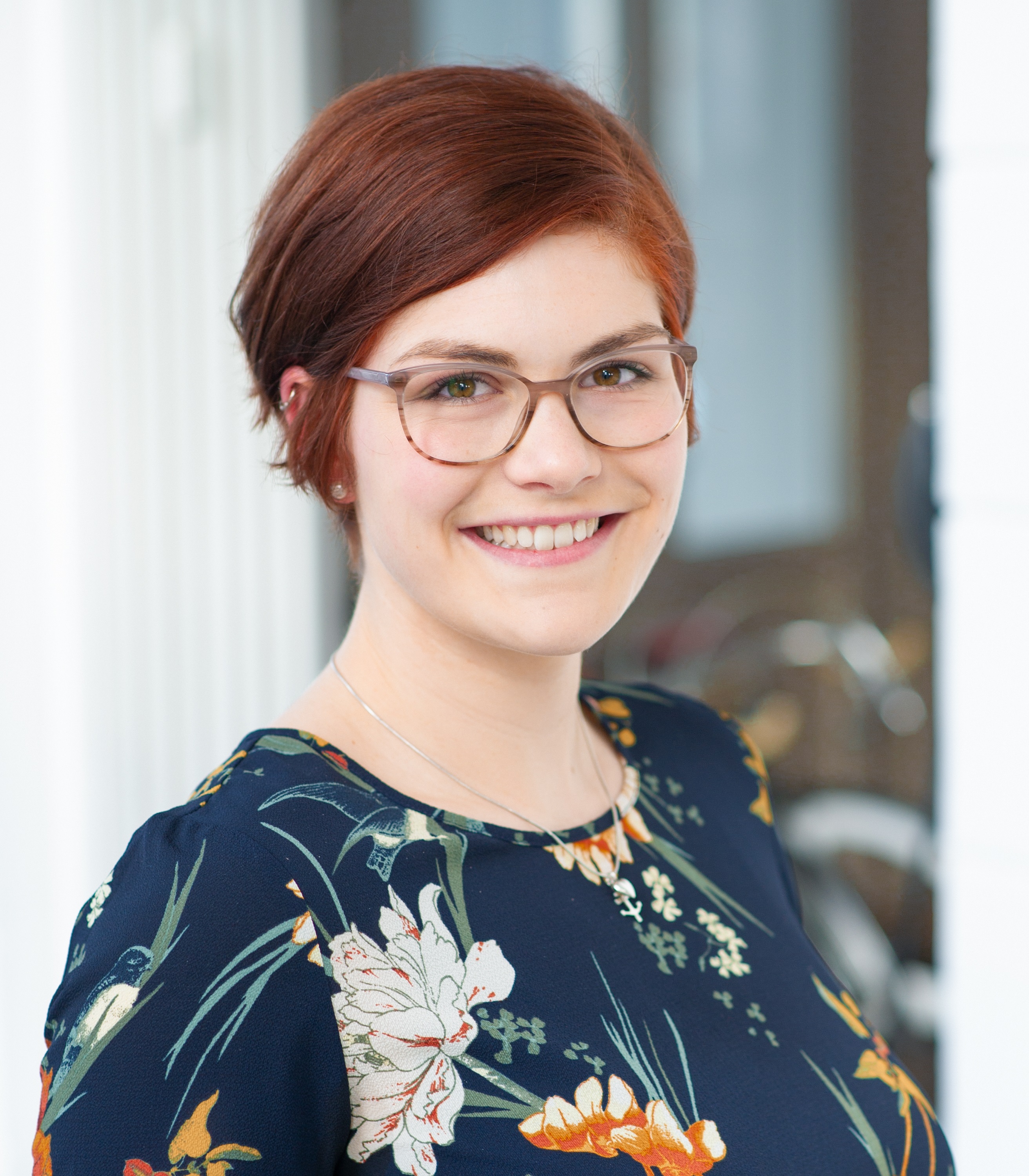
then: Postdoc in the group of Charlotte Kloft at FU Berlin
Topic: Models for the within-host evolution of antibiotic resistance during treatment
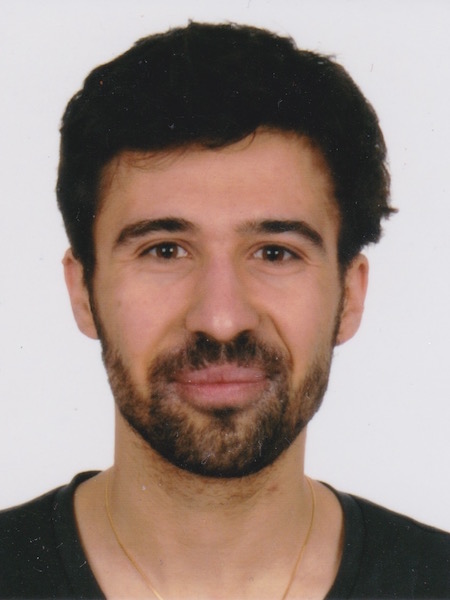
then: Postdoc in the group of Tal Dagan at the University of Kiel
Topic: The influence of the plasmid copy number on bacterial adaptation

then: Researcher at Nalyze
Topic: Plasmid-mediated horizontal gene transfer of resistance genes within and between bacterial species
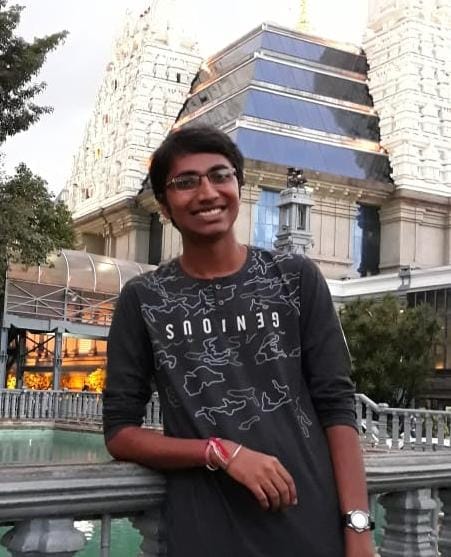
then: PhD student in the group of Matt Osmond at the University of Toronto
Topic: Evolutionary rescue: The influence of mate finding, selfing, and hybridization